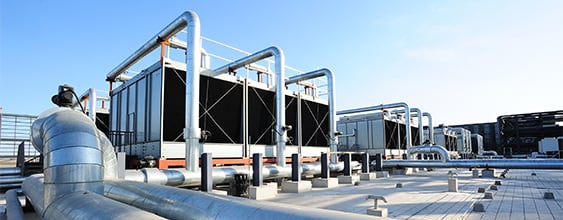During stakeholder meetings for this project, WSP discovered there were two other city department projects being planned in the project area.
The first project, planned by the Storm Water Services Department, was a $10 million storm drainage culvert improvement in 16th Street that was on hold due to funding limitations and project prioritization. The other was a Charlotte Department of Transportation (CDOT) streetscaping/pedestrian access improvement project on 16th Street to enhance access to the CATS Light Rail.
“Under the traditional design-bid-build project delivery approach, it is likely these three projects would be constructed independently on the same street, requiring closure of 16th street on two different occasions for a significant duration, which would limit access to the CATS Blue Line,” said Chip Smith, WSP project manager. “Although the other City departments had not embraced alternative delivery, our team’s relationships with both allowed us to convince them that it was best for the city and the community that the projects be combined and constructed at one time under our Charlotte Water progressive design-build project.”
The original guaranteed maximum price (GMP) for the Charlotte Water work was expanded to include the two additional projects.
One of the projects, Little Sugar Creek Tributary Trunk Sewer to North Tryon Street Sanitary Sewer Improvements Project, took on an added level of complexity during the GMP development.
“Because the GMP development process uses open book pricing, the owners could see how the GMP was developed prior to accepting it,” Smith said. “This process gave CDOT and the Storm Water Services departments confidence to move forward.”
The City of Charlotte will benefit by being able to accelerate the storm water improvements and the 16th Street pedestrian access projects simultaneously, in lieu of three city departments constructing projects at three separate times. The city also benefits by accelerating the real estate acquisition process for the two additional projects, as these services are part of our expanded contract.
“Our design-build team has developed project delivery solutions that provide a smooth design/GMP development that also saves the city money and time in the project schedule,” Smith added. “The project delivery process has proved very successful and provided Charlotte Water confidence that progressive design-build project delivery is suitable for conveyance projects like these.”
Based on the success of the Little Sugar Creek Tributary Trunk Sewer Project thus far, Charlotte Water procured another round of progressive design-build projects in the fall of 2018. The WSP team was selected to lead these projects based on its performance on the department’s inaugural projects using this delivery methodology.
[To subscribe to Insights, contact the editorial staff at [email protected].]

















